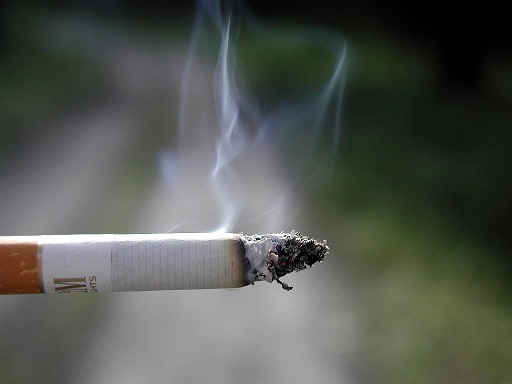
There are so many things we need to do on smoking and health, but if I had to choose three….

25 Apr 18 |
By Sheila Duffy, Chief Executive ASH Scotland
Scotland’s five year national tobacco strategy ended in March. Rightly there are plans for a follow-up and I’d suggest that the main challenge should be in deciding between the long list of possible actions for reducing the huge public health burden of smoking. But if a public health genie were to grant me three wishes I’d be tempted to ask for the following.
There are over 500,000 people in Scotland who want to stop smoking, so that improving the encouragement and support offered to these people must be a public health priority. We see these people all the time – they are the most likely to be in GP waiting rooms, attending out-patient clinics or sitting in our hospital wards. Too many opportunities are being missed and will continue to be missed unless we place a duty on all public bodies to make every contact count, to plan for and report on how they support patients and clients who want to stop smoking. There are statutory obligations on community planning partnerships to address drug and alcohol use, which kill far fewer people, so why not smoking?
It is not surprising that so many people reach for cigarettes and view them as a coping mechanism for stress, money worries and boredom. We need to see more conditions attached to the remarkably liberal rules on selling tobacco – it is a sad fact that cigarettes, our most harmful consumer product, are widely available in almost all convenience stores and are viewed as cheap coping strategies by consumers and as routine products by many retailers. By introducing more stringent conditions for registration we could, for example, remove the right to sell tobacco from anyone previously caught selling cigarettes to children.
Amongst the recent shift in public awareness and concern over single-use plastic, it is odd that we have heard very little about the most common piece of plastic waste found on our streets and beaches. Cigarette filters are the most pervasive form of litter and are made of fibres of cellulose acetate, a form of plastic. What is not well known is that filters do not provide any health benefits – in fact by making cigarettes
easier to smoke their effect will be quite the opposite. If we can ban plastic cotton buds and drinking straws should we not also act against single use plastic filters that do not reduce the harm from cigarettes and are the single biggest source of plastic pollution?
As we wait to see what will be in Scotland’s next tobacco strategy – expected to be published in May/June this year, ASH Scotland would love to hear from you what you would like to see as your top priorities for the next Scottish tobacco reduction strategy? Let us know at enquiries@ashscotland.org.uk